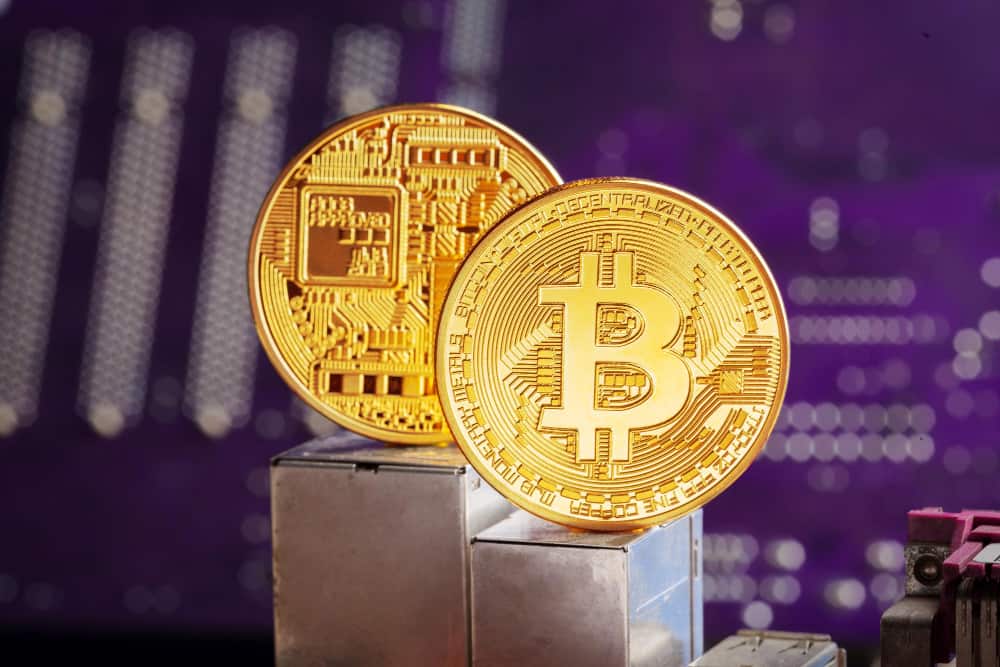Like most great success stories, Olaf Carlson-Wee starts off at a point where he’s practically got nothing to his name but his courage to dive into the unknown and the wit needed to pull it off and get away with it.
Back in 2011, right after he finished his junior year in an upstate New York college, Olaf found himself amazed by the idea that a digital currency allowed an underground drug-dealing ring to thrive and survive for years before being shut down.
This led him down the rabbit hole of early crypto, and by the time he explored every single crevasse this vast new world had to offer, he’d already decided to sink all his life savings, a whopping $700 into Bitcoin, ranging from $2 to almost $16 per coin at the time.
After writing his senior thesis on crypto and graduating in 2012, he e-mailed his ideas to then-sprouting company Coinbase’s cofounders Brian Armstrong and Fred Ehrsam, which near-immediately saw the potential this youngster had to offer.
One quick phone call got him hired as the company’s first employee, set at the head of customer operations, he demanded that his $50k salary be paid fully in Bitcoin, and the rest is history.
Now living in one of Soho’s most desirable lofts, it’s clear that his efforts have paid off, especially given the fact that his company, Polychain, which he founded after abandoning Coinbase, is now worth well over $5 billion, a growth of 125 000% since its inception.
What brought on this raging success is the fact that Olaf has a gift for navigating the overpopulated crypto market and finding the „next big thing” like its child’s play.
One of the most prominent investments Polychain has done was going all-in on Ether, which was trading under $12 in 2016, and it’s as if Olaf knew all along that the Ethereum blockchain would revolutionize digital assets completely, offering them a whole new dimension with its open-ended platform.
Involvement with DeFi
Finally, Polychain managed to get its hands in the Decentralized Finance project, better known as DeFi, and with Carlson’s track record, this idea that a digital platform could completely remove banks and exchanges as the middleman might just become the standard in the near future.
Olaf was an early investor in DeFi projects such as Uniswap, Compound, MakerDao, and dYdX which have all seen major success, leading the DeFi market to grow over 75 times its value in January 2020, as it sits at almost $80 billion right now.
DeFi would offer a full switch to blockchain operated transactions, allowing for payments, savings and trading to be done without ever involving a bank or a trust, and while Olaf believes this won’t significantly impact the distribution of wealth around the world, it’s bound to at least shake things up a bit.
DeFi is often regarded as a massive step forward in the crypto market, as it allows Ethereum and Ethereum-related platform users to lend their assets in the form of some stable coin like USD Coin through numerous peer-to-peer networks.
However, it’s not your run of the mill savings accounts returns that you can make with this, as the return rates on these deposits are up to 30%, and if you’re doing this on Compound, you’re additionally rewarded with their very own COMP token which gives you a say in how the network governs itself.
If this revolutionary concept lives up to its name and replaces outdated financial practices Olaf Carlson-Wee could easily find himself at the top of the food chain, and if we look at his previous calls in crypto, that future might just shape up into a utopia for crypto traders and miners.

